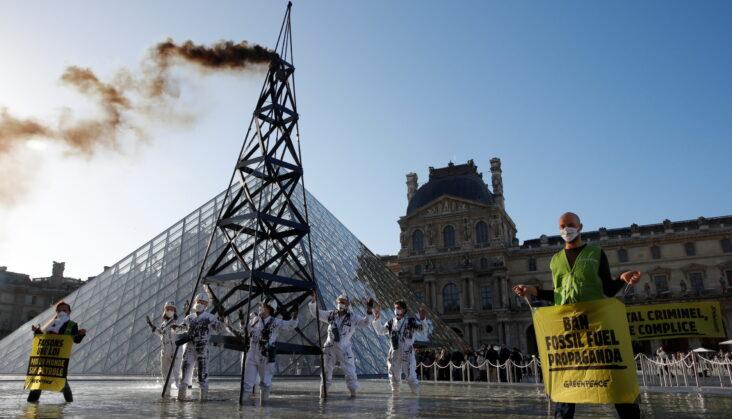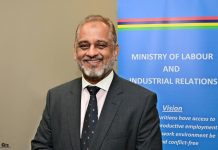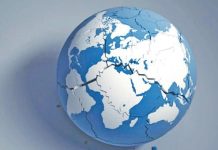Africa-Press – Mauritius. During the second day of the Intra-African Trade Fair (IATF) 2021 in Durban on Tuesday, an impassioned Benedict Oramah, the president and chairperson of Afreximbank, conceded that the bank would continue to fund and finance fossil fuel projects.
Against the backdrop of the recently concluded COP26, where countries in the global north made renewed commitments to a net zero future powered by renewable sources of energy, Oramah says balance is key for Africa.
The continent faces the dual dilemma of closing its energy deficit, while also meeting commitments to reduce emissions by diversifying its power mix. Nearly 600 million people in Africa do not have access to energy.
Moreover, while oil and gas are crucial sources of foreign exchange for regional economies, including Nigeria, Sudan, and Angola, other states are yet to realise the potential of proven deposits of fossil fuels whose projects are scheduled to come on stream in a few years.
Green realism “The way we see it at the bank, Africa produces less than 4% of greenhouse gas. We are not the problem of greenhouse gases. We are the victims.
We are asking for balance,” says Oramah, who also clarifies that Afreximbank will fund both fossil fuels and renewables. Oramah explains that there is no shame in Afreximbank funding fossil fuel projects.
He reiterates that Africa’s status is that of a victim of greenhouse gas emissions, rather than an originator and main source of emissions. True to Oramah’s word, Afreximbank has concluded a $1.04bn deal with the Nigerian National Petroleum Company for Project Bison.
The deal entails availing the massive export finance facility over five years. African DFIs have stepped up in the face of challenges. We need the collective efforts of DFIs to pool our resources to mobilise the much-needed support for Africa.
In addition, Afreximbank has signed a $250m letter of interest with Blue Horn Aviation and Logistics. Additionally, the bank is a participant in a $274m senior secured reserve-based lending facility with the Mars Exploration and Production Company for Project Mars.
The deals were all signed on Tuesday at IATF 2021, which aims to exceed the $30bn in deals entered into at the 2018 edition held in Cairo, Egypt. The next installment of the event will be held in Abidjan in 2023.
The Durban deals add fuel to the ongoing debate about the form in which Africa will conduct a Just Transition, given its vast developmental and infrastructure needs as well as the implications for the continent’s nascent oil and gas industries.
The role of African DFIs Afreximbank is among a handful of development finance institutions (DFIs) and multilateral finance institutions operating on the continent.
DFIs are viewed as an essential component of ensuring that the African Continental Free Trade Area (AfCFTA) agreement comes to life. This is so because the institutions are a conduit for the substantial capital required to make regional trading a reality.
At the onset of the Covid-19 pandemic, during which a sizable number of states on the continent faced fiscal constraints, rising debt-servicing cost pressures, and a restrictive credit market, DFIs stepped in to fill the funding gap.
This demonstrated their efficacy in securing capital for the region’s funding and financing needs. “African DFIs have stepped up in the face of challenges.
We need the collective efforts of DFIs to pool our resources to mobilise the much-needed support for Africa,” says Amr Kamel, the executive vice-president for business development and corporate banking at Afreximbank
Sanjeev Gupta, executive director and board member at the Africa Finance Corporation, believes “there is room for … [DFIs] to work alongside the global capital markets to solve the African conundrum.
“If we focus on what is in our control, which is project development, making projects bankable, managing the projects in terms of pricing, money is available out there,” says Gupta. The rationale behind DFIs is funding sustainable transactions, according to Admassu Tadesse, president and CEO at Trade and Development Bank.
“Part of our role is to be countercyclical, which means … [post-pandemic] we need to scale up to compensate for the disruption across [the continent],” says Solomon Quaynor, vice-president for private sector infrastructure and industrialisation at the African Development Bank Group. More deals are expected at the seven-day IATF 2021, which continues ends on Sunday 20 November.
For More News And Analysis About Mauritius Follow Africa-Press







